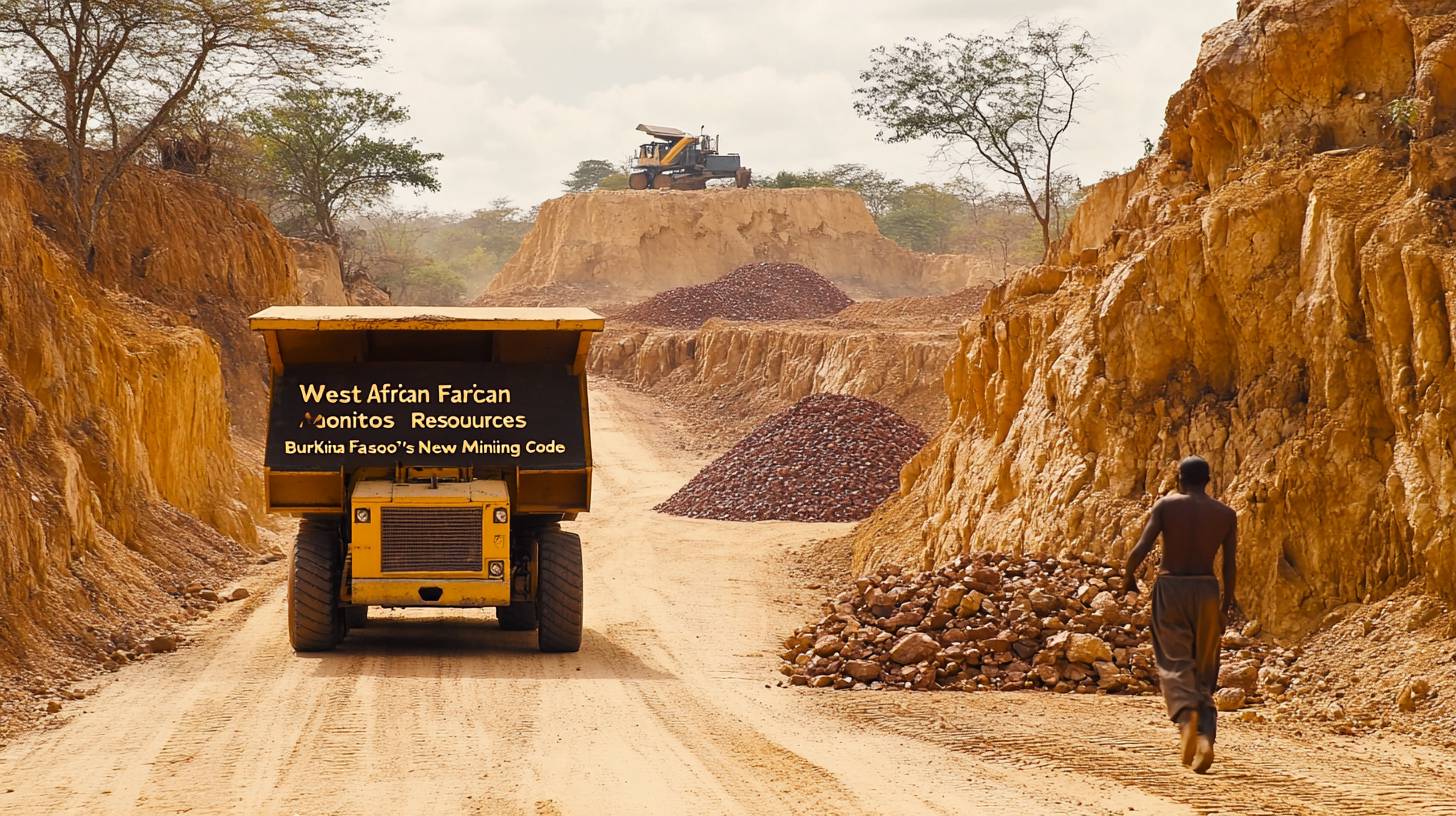
effects of the revised mining code on West African Resources
West African Resources, a key participant in the junior mining industry, is actively assessing the repercussions of Burkina Faso’s recently issued mining code. This regulatory change is expected to significantly influence the company’s operations and strategic initiatives. The updated code brings forth several essential modifications that may reshape the mining landscape for companies within the area.
A primary concern for West African Resources is the possible rise in operational expenses and bureaucratic challenges. The amended regulations could require modifications in compliance strategies, potentially impacting project timelines and profitability. As the company reviews these updates, it is essential for stakeholders to observe how these regulatory changes may affect the company’s financial performance and market standing.
Additionally, the new mining code might have repercussions on investor sentiment and assurance. Investors are likely to examine how West African Resources adjusts to these modifications, evaluating the company’s capacity to retain its competitive advantage and fulfill its growth targets. The company’s proactive stance in closely following these developments highlights its dedication to effectively navigating the changing regulatory landscape.
In this scenario, West African Resources’ strategic choices and operational modifications will be crucial in shaping its future direction. Investors and market analysts will closely monitor the company’s reaction to these regulatory updates, as it could establish a benchmark for other mining companies operating in Burkina Faso.
alterations in government equity interest in mining initiatives
The roll-out of the new mining code by the Burkina Faso government marks a significant alteration in the mining project landscape, notably with the enhancement of the government’s free-carried equity interest. This modification represents a strategic decision by the government to secure a greater share of the profits generated from mining operations within its territory. For firms like West African Resources, this change in equity interest could have extensive implications for their financial models and investment plans.
In the past, mining firms benefited from a larger portion of the profits, facilitating reinvestment into exploration and development initiatives. However, with the government’s increased equity participation, companies may need to adjust their financial projections and project valuations. This transition could lead to a reassessment of project viability, particularly for those with narrow profit margins.
From an investor’s viewpoint, the enhanced government equity introduces an extra layer of complexity in evaluating the risk-reward profile of mining investments in Burkina Faso. Investors will have to assess how this alteration affects the overall return on investment and whether companies can maintain their growth paths within the new regulatory framework.
Furthermore, this change could affect the competitive landscape of the mining sector. Firms with strong financial health and flexible strategies may find ways to exploit this alteration to their benefit, potentially leading to consolidation or strategic alliances. As the industry adapts to this new norm, stakeholders will be keenly observing how West African Resources and its counterparts respond to these adjustments to sustain their market positions and provide value to shareholders.

